The Psychology Behind Insurance: Trust, Risk, and Decision Making
Insurance is a concept that has been around for centuries, providing individuals and businesses with a sense of security in times of uncertainty. However, the decision to purchase insurance is not always straightforward.
- 12/30/2023
- 3 min read
 Click
to read the article
Click
to read the article
It involves a complex interplay of psychological factors such as trust, risk perception, and decision making. Understanding the psychology behind insurance can shed light on why individuals make certain choices when it comes to protecting themselves and their assets.
The Importance of Trust
Trust plays a crucial role in the insurance industry. When individuals purchase insurance, they are essentially placing their trust in the insurance company to be there for them in case of an unforeseen event. This trust is built on the belief that the insurance company will honor its commitment to provide financial assistance when needed. However, trust can be fragile and easily influenced by factors such as past experiences, reputation of the insurance company, and the transparency of the insurance policy. Lack of trust can lead individuals to forgo insurance coverage altogether, even when it may be in their best interest to have it.
Risk Perception
Risk perception is another key factor that influences individuals' decisions to purchase insurance. People tend to have varying levels of risk tolerance, which can be influenced by factors such as personality traits, past experiences, and cultural norms. Some individuals may have a high tolerance for risk and believe that they can handle unexpected financial losses on their own, while others may have a lower tolerance for risk and prefer the security of insurance coverage. Additionally, individuals may perceive certain risks to be more likely or severe than others, leading them to prioritize insurance coverage for specific events such as natural disasters or health emergencies.
Decision Making
Decision making in the context of insurance is often influenced by cognitive biases and heuristics. Cognitive biases are systematic errors in thinking that can lead individuals to make irrational decisions, while heuristics are mental shortcuts that individuals use to make decisions quickly and efficiently. For example, individuals may exhibit optimism bias, believing that they are less likely to experience negative events than others, which can lead them to underestimate the need for insurance coverage. Similarly, individuals may use anchoring heuristics, relying on preconceived notions or initial information when making decisions about insurance coverage, which can lead to suboptimal choices.
Overcoming Psychological Barriers
To overcome the psychological barriers that may prevent individuals from purchasing insurance, it is important for insurance companies to communicate the value of insurance coverage effectively. Providing transparent information about the benefits of insurance, addressing common misconceptions, and building trust with customers can help alleviate fears and instill confidence in the insurance product. Additionally, utilizing behavioral economics principles such as default options and framing can nudge individuals towards making more informed decisions about insurance coverage.
Conclusion
Understanding the psychology behind insurance is essential for insurance companies to better serve their customers and encourage individuals to protect themselves against unexpected risks. By recognizing the role of trust, risk perception, and decision making in insurance purchases, insurance companies can tailor their communication strategies and product offerings to meet the diverse needs of their customers. Ultimately, a deeper understanding of the psychological factors that influence insurance decisions can help individuals make more informed choices and achieve greater peace of mind in an uncertain world.
Recent posts
Random news
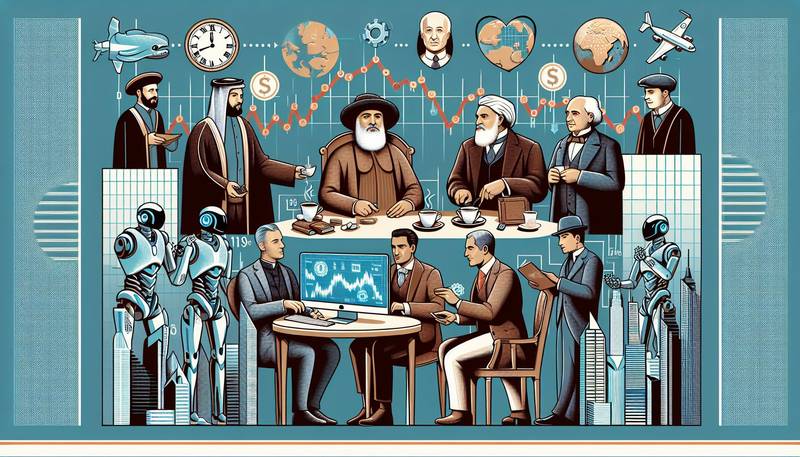
The Evolution of the Insurance Industry: A Historical Perspective
- 2024-03-01T00:00:00Z
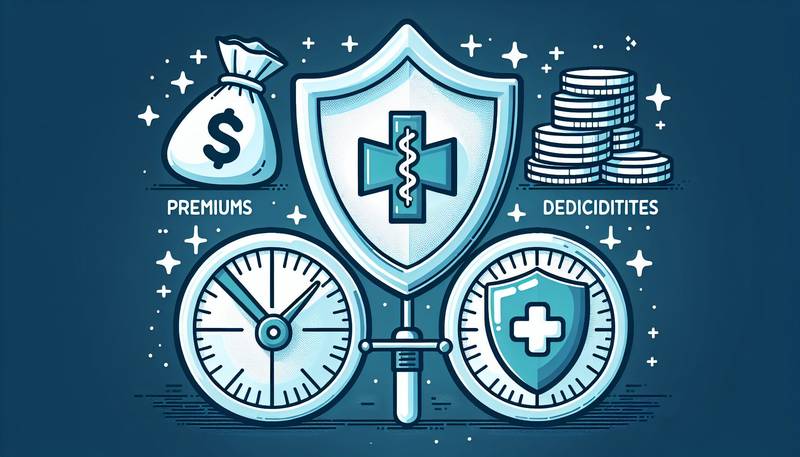
Understanding Premiums, Deductibles, and Coverage Limits
- 2024-01-15T00:00:00Z

The Role of Underwriting in Insurance
- 2023-12-27T00:00:00Z
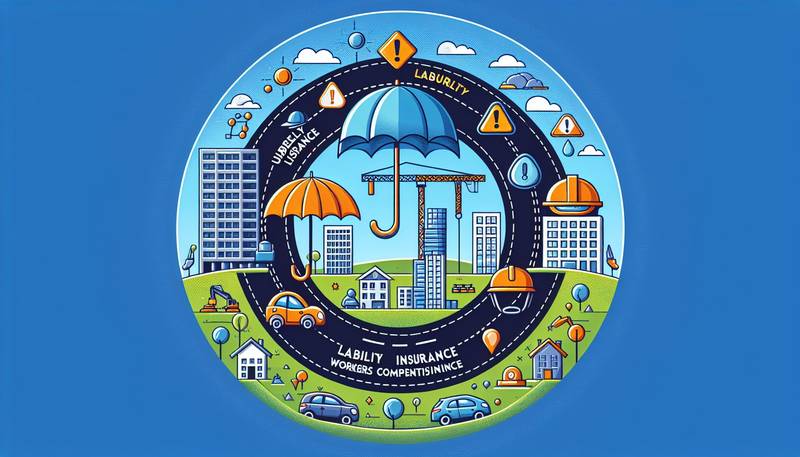
Exploring the Different Types of Liability Insurance
- 2023-12-11T00:00:00Z

The Benefits and Limitations of Whole Life Insurance
- 2024-03-06T00:00:00Z

An Introduction to Commercial Insurance for Business Owners
- 2024-02-02T00:00:00Z

Travel Insurance: Why It's Essential for Your Next Trip
- 2024-01-18T00:00:00Z

Renters Insurance: An Often Overlooked Necessity
- 2023-12-11T00:00:00Z

Pet Insurance: Is It Worth the Cost?
- 2023-12-30T00:00:00Z

Auto Insurance Essentials: What Every Driver Needs to Know
- 2023-12-14T00:00:00Z

Tips for Lowering Your Insurance Premiums
- 2023-12-30T00:00:00Z

Cyber Insurance: Protecting Businesses in the Digital Age
- 2024-02-04T00:00:00Z

The Importance of Disability Insurance in a Financial Plan
- 2024-01-27T00:00:00Z
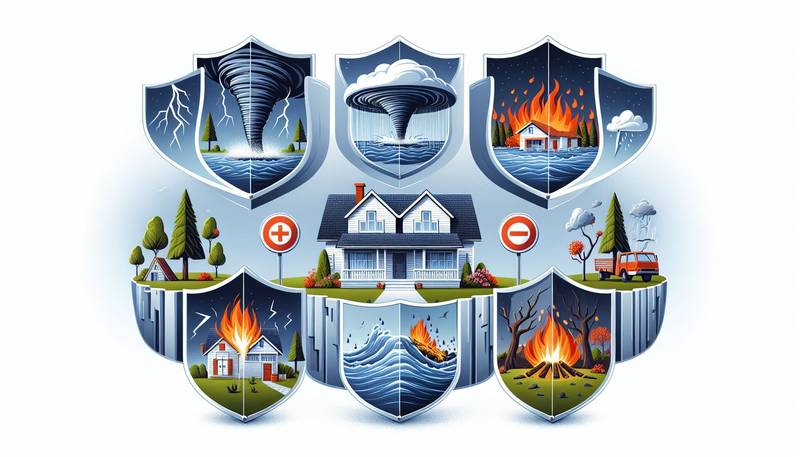
Insurance and Natural Disasters: How to Protect Your Home
- 2023-12-19T00:00:00Z

The Impact of Technology on the Insurance Sector
- 2024-01-15T00:00:00Z

Critical Illness Insurance: What It Covers and Why It's Important
- 2023-12-29T00:00:00Z

Insurance Fraud: Detection, Prevention, and Consequences
- 2024-02-24T00:00:00Z

The Psychology Behind Insurance: Trust, Risk, and Decision Making
- 2023-12-30T00:00:00Z

The Global Insurance Market: Trends and Growth Opportunities
- 2023-12-14T00:00:00Z

The Intersection of Artificial Intelligence and the Insurance Industry
- 2024-02-12T00:00:00Z

Life Insurance: Securing Your Family's Future
- 2024-02-20T00:00:00Z
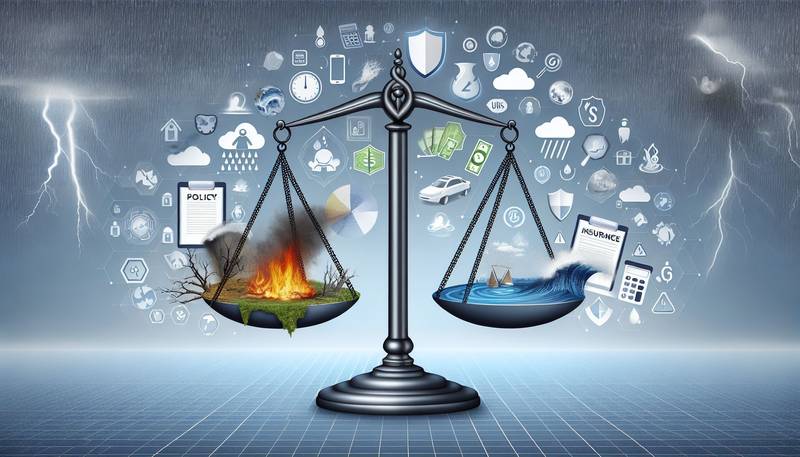
How Climate Change is Shaping the Insurance Industry
- 2024-03-08T00:00:00Z

Group Insurance Plans: Benefits for Employers and Employees
- 2024-02-09T00:00:00Z

Reinsurance Explained: How It Works in the Insurance Industry
- 2024-02-03T00:00:00Z

Environmental Liability Insurance: What Businesses Need to Know
- 2024-02-17T00:00:00Z

The Future of Insurance: Predictions and Innovations
- 2024-01-04T00:00:00Z

Insurance for Freelancers: Protecting Your Independent Career
- 2024-03-03T00:00:00Z

Annuities: Combining Insurance and Investment for Retirement
- 2024-03-17T00:00:00Z

Marine Insurance: Covering the Risks of Sea Transport
- 2024-01-28T00:00:00Z

Flood Insurance: Understanding Your Coverage Options
- 2024-02-03T00:00:00Z

The Role of Agents and Brokers in the Insurance Industry
- 2023-12-11T00:00:00Z

How Insurance Supports Economic Growth and Stability
- 2023-12-25T00:00:00Z
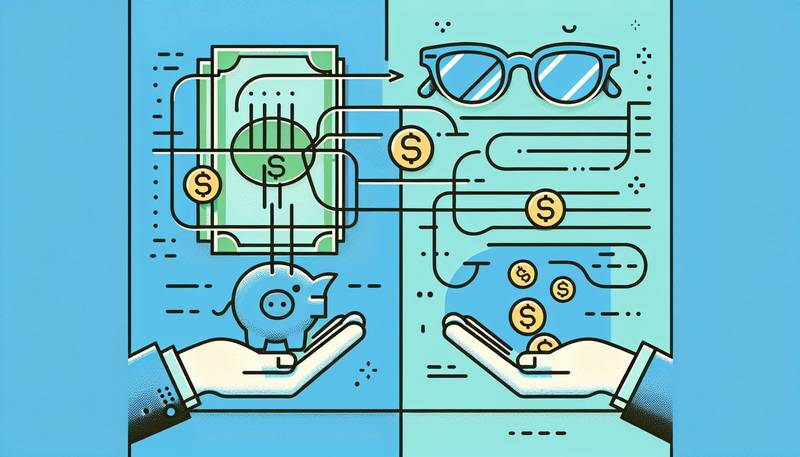
Vision Insurance: Seeing the Benefits Clearly
- 2024-02-22T00:00:00Z

Insurance Against Identity Theft: What You Need to Know
- 2024-02-07T00:00:00Z

The Rise of Telemedicine and Its Impact on Health Insurance
- 2024-03-17T00:00:00Z

Insurance in the Sharing Economy: Challenges and Solutions
- 2024-01-15T00:00:00Z

Digital Platforms Transforming the Insurance Buying Experience
- 2024-03-10T00:00:00Z

The Intersection of Blockchain Technology and the Insurance Industry
- 2024-03-07T00:00:00Z
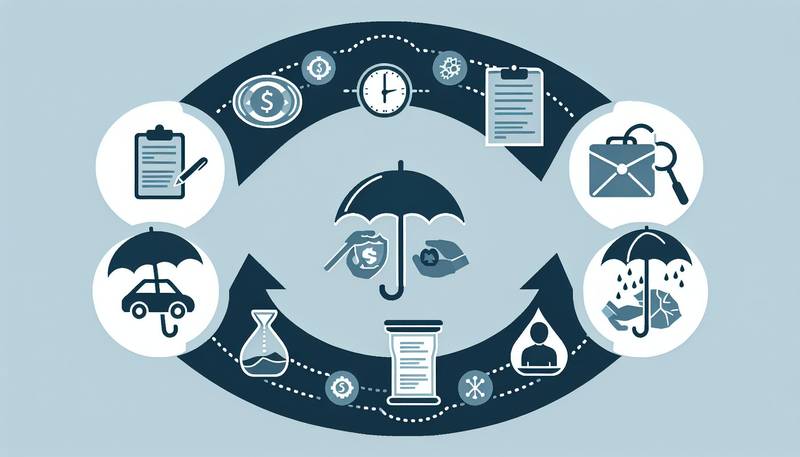
Understanding the Insurance Policy Lifecycle
- 2023-12-14T00:00:00Z
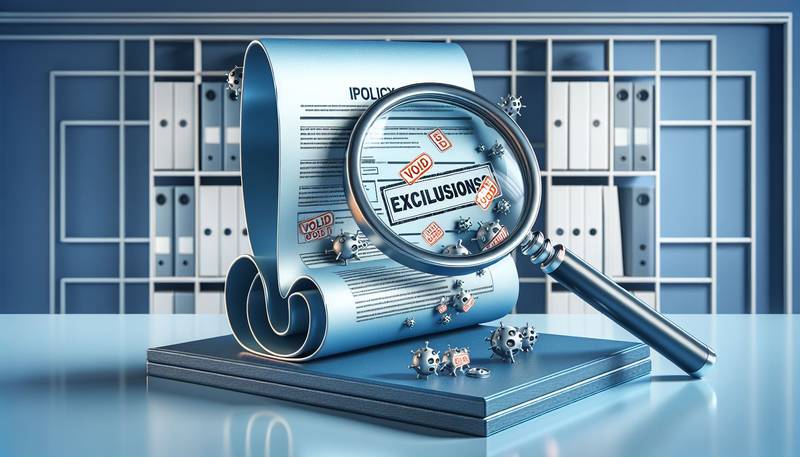
Understanding the Fine Print: Insurance Policy Exclusions
- 2024-02-11T00:00:00Z

Making Sense of Health Savings Accounts (HSAs) and Insurance
- 2024-03-12T00:00:00Z

Insurance and Public Health: A Complex Relationship
- 2023-12-27T00:00:00Z

Long-Term Care Insurance: Planning for the Future
- 2024-02-23T00:00:00Z

Insurance Literacy: Understanding Your Rights and Responsibilities
- 2024-02-10T00:00:00Z

Insurance for Young Adults: What You Need to Know
- 2024-01-04T00:00:00Z

The Changing Landscape of Life Insurance: Trends to Watch
- 2024-03-02T00:00:00Z

Insurance Claims: A Step-by-Step Guide to Filing and Settlement
- 2024-02-21T00:00:00Z

The Economics of Insurance: How Markets Operate
- 2024-02-21T00:00:00Z

Bridging the Gap: Insurance and Social Justice
- 2024-03-08T00:00:00Z

The Ins and Outs of Motorcycle Insurance
- 2023-12-17T00:00:00Z

The Legal Landscape of Insurance: Key Regulations and Challenges
- 2024-01-28T00:00:00Z

Directors and Officers Insurance: Safeguarding Corporate Leaders
- 2023-12-25T00:00:00Z

A Guide to Managing Insurance Costs in Small Businesses
- 2024-02-27T00:00:00Z

Insurance and Retirement Planning: A Comprehensive Approach
- 2023-12-20T00:00:00Z

Mobile Home Insurance: Coverage and Considerations
- 2023-12-27T00:00:00Z

Disaster Preparedness: The Role of Insurance in Recovery
- 2024-02-25T00:00:00Z

Navigating the Complex World of Health Insurance
- 2024-01-17T00:00:00Z

The Significance of Actuarial Reports in the Insurance Industry
- 2024-02-21T00:00:00Z

How Insurance Policies Are Priced: The Basics of Actuarial Science
- 2024-03-14T00:00:00Z
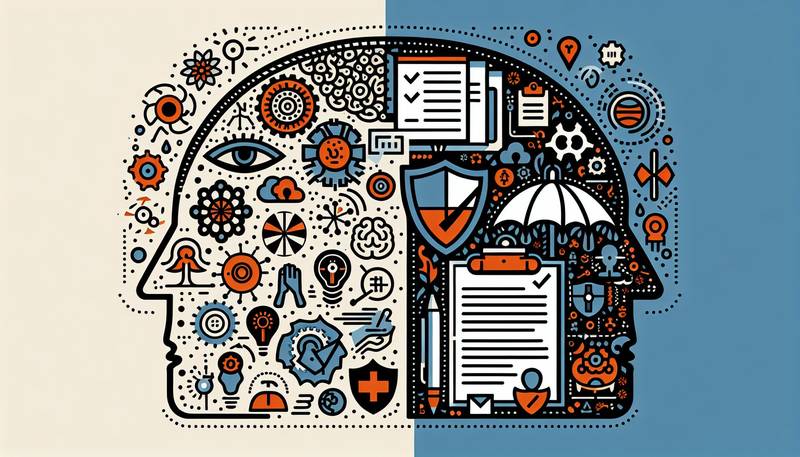
The Psychology of Insurance: How Coverage Affects Behavior
- 2024-01-01T00:00:00Z

Dental Insurance: Navigating Coverage and Care
- 2024-01-22T00:00:00Z

Umbrella Insurance: Extra Protection Beyond Standard Policies
- 2023-12-31T00:00:00Z
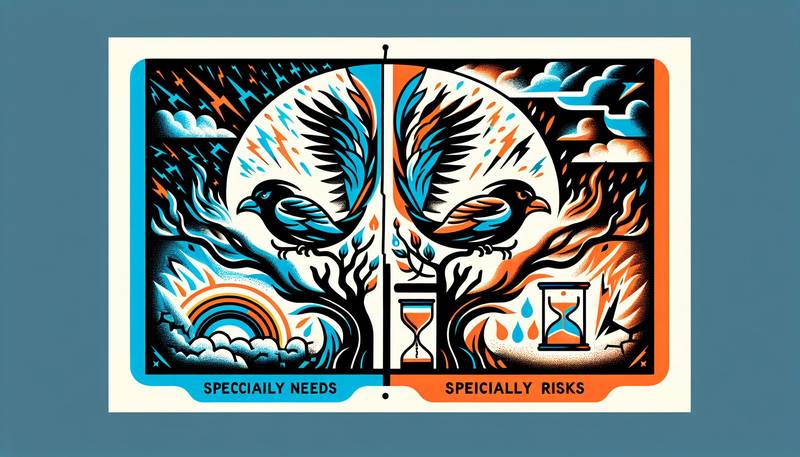
Specialty Insurance: Coverage for Unique Needs and Risks
- 2024-02-09T00:00:00Z

The Challenges and Benefits of High-Deductible Health Plans
- 2024-01-27T00:00:00Z
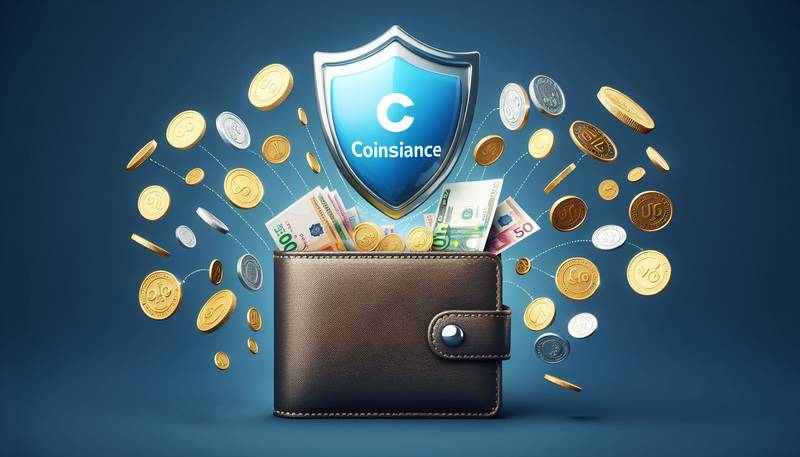
Understanding Coinsurance: What It Means for Your Wallet
- 2024-03-16T00:00:00Z

Crop Insurance: Supporting Farmers Through Uncertainty
- 2024-01-19T00:00:00Z
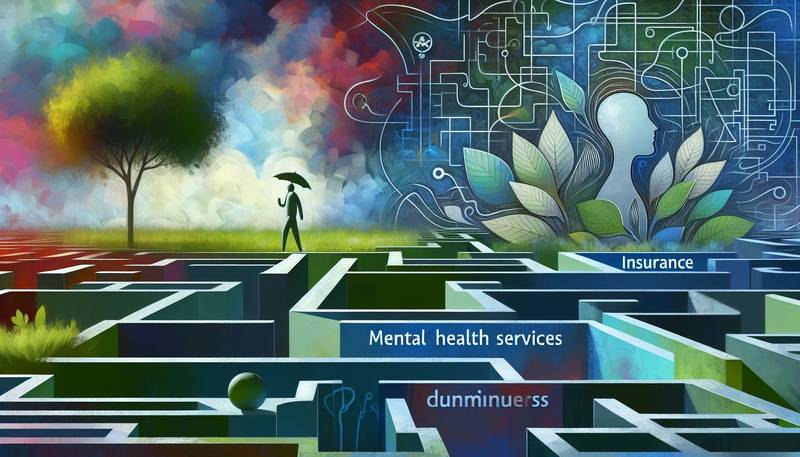
Navigating Insurance for Mental Health Services
- 2024-02-09T00:00:00Z

The Role of Insurance in Estate Planning
- 2024-01-23T00:00:00Z

How to Handle Insurance Claims Disputes
- 2024-01-21T00:00:00Z

Condominium Insurance: Understanding Policies and Protection
- 2024-03-09T00:00:00Z
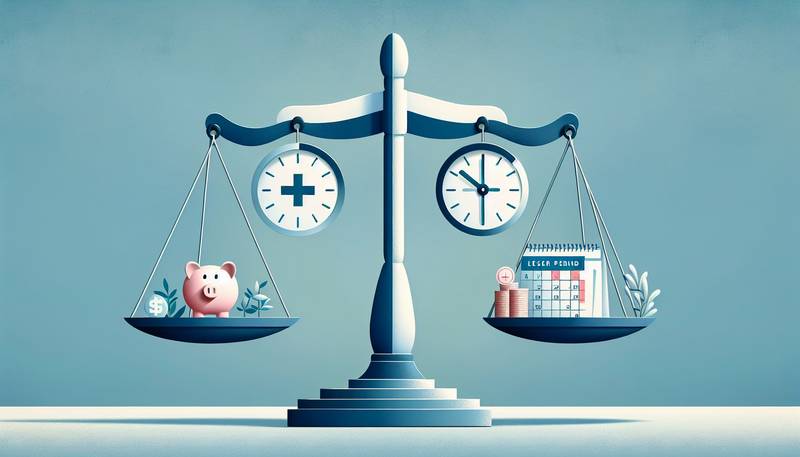
Short-Term Health Insurance: Pros and Cons
- 2024-02-10T00:00:00Z

Understanding the Role of Insurance Adjusters
- 2023-12-25T00:00:00Z

Workers' Compensation: Ensuring Protection for Employees and Employers
- 2024-02-12T00:00:00Z

Healthcare Sharing Ministries vs. Traditional Health Insurance
- 2024-03-19T00:00:00Z

The Future of Autonomous Vehicles and Insurance Implications
- 2024-01-17T00:00:00Z

Gap Insurance: Closing the Coverage Gap in Auto Loans
- 2023-12-16T00:00:00Z

Antique and Collector Car Insurance: A Unique Protection
- 2024-01-13T00:00:00Z

The Impact of Regulatory Compliance on the Insurance Industry
- 2024-02-11T00:00:00Z
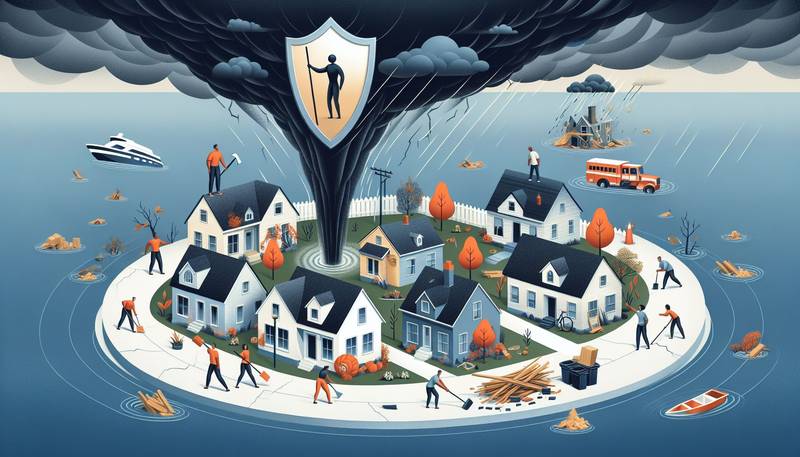
Disaster Insurance: Preparing for the Unexpected and Recovering Afterward
- 2024-01-01T00:00:00Z
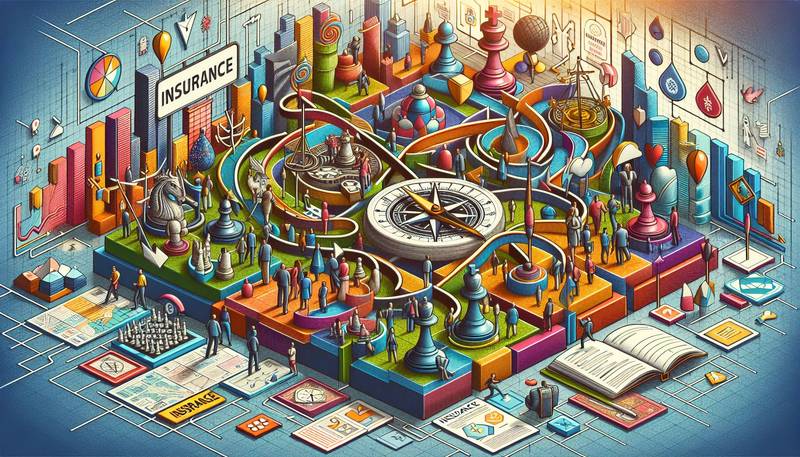
Navigating the Insurance Marketplace: Strategies for Consumers
- 2024-03-14T00:00:00Z

The Role of Insurance in Disaster Response and Recovery
- 2023-12-12T00:00:00Z

Insurance and Ethics: Navigating Moral Dilemmas in the Industry
- 2023-12-31T00:00:00Z
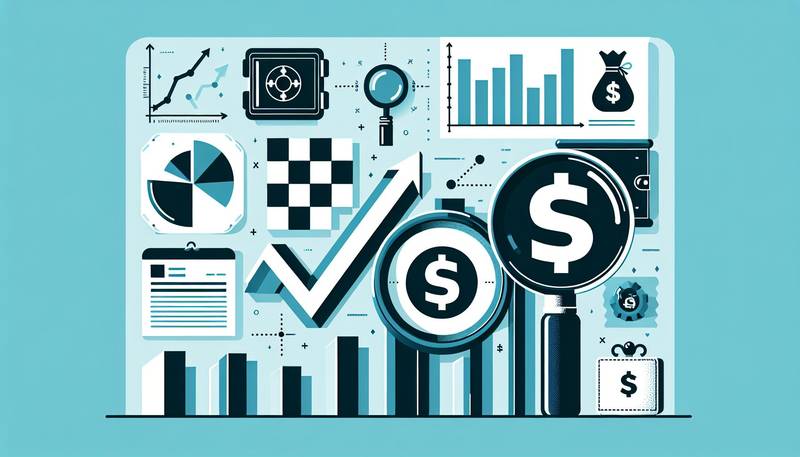
Maximizing Benefits: Strategies for Effective Insurance Utilization
- 2024-02-05T00:00:00Z
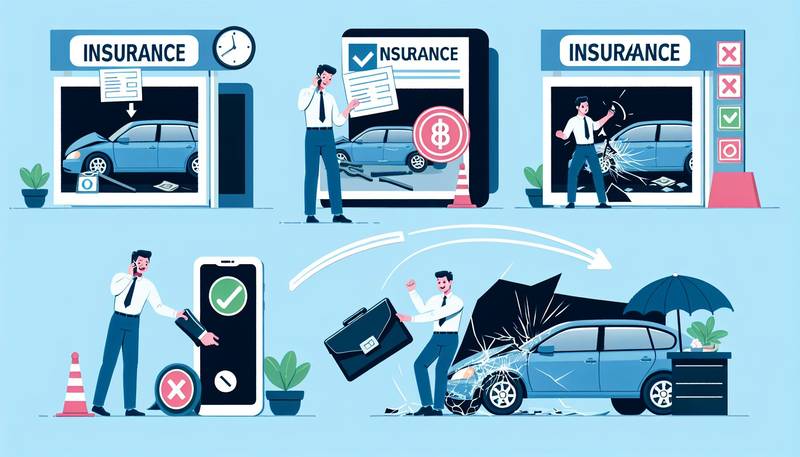

Insurance for Nonprofits: Special Considerations and Needs
- 2024-01-24T00:00:00Z

The Future of Insurance: How Technology is Shaping Coverage and Customer Service
- 2024-02-19T00:00:00Z
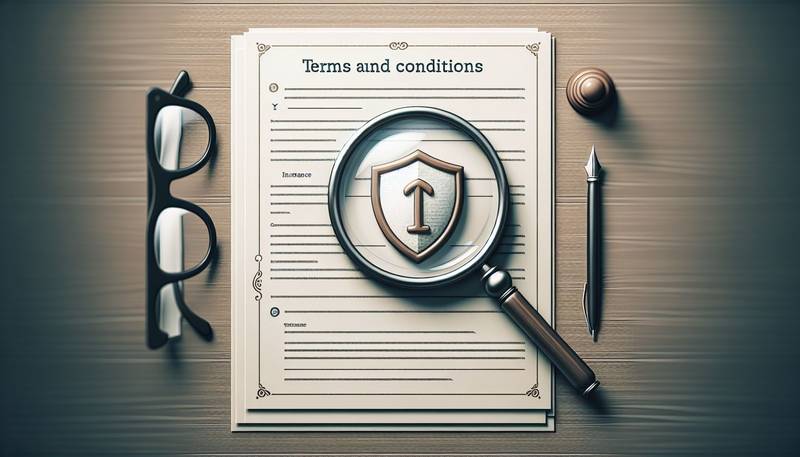
Understanding the Fine Print: Key Terms and Conditions in Insurance Policies
- 2024-02-06T00:00:00Z

Life Insurance: Securing Your Family's Future in Uncertain Times
- 2024-02-04T00:00:00Z
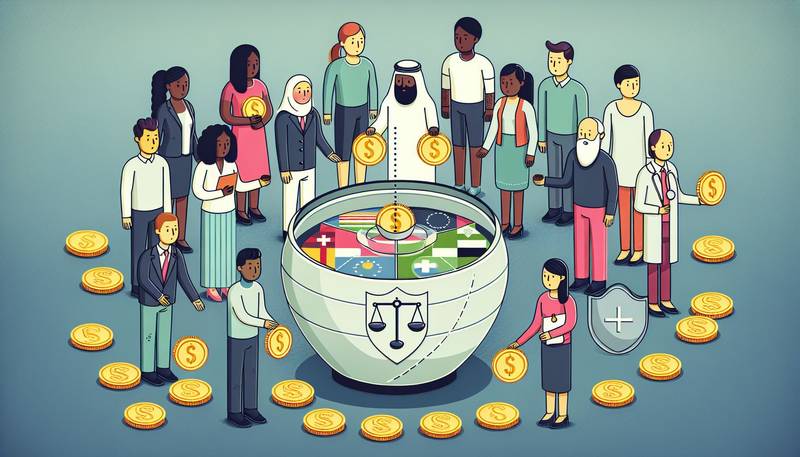
Peer-to-Peer Insurance: A New Model for Sharing Risk
- 2024-01-03T00:00:00Z

Navigating the Maze: Choosing the Right Insurance Policy for Your Needs
- 2024-02-26T00:00:00Z

Commercial Insurance: Protecting Your Business from Unseen Risks
- 2024-01-10T00:00:00Z

Insurance and Customer Experience: The Journey to Satisfaction
- 2024-01-24T00:00:00Z
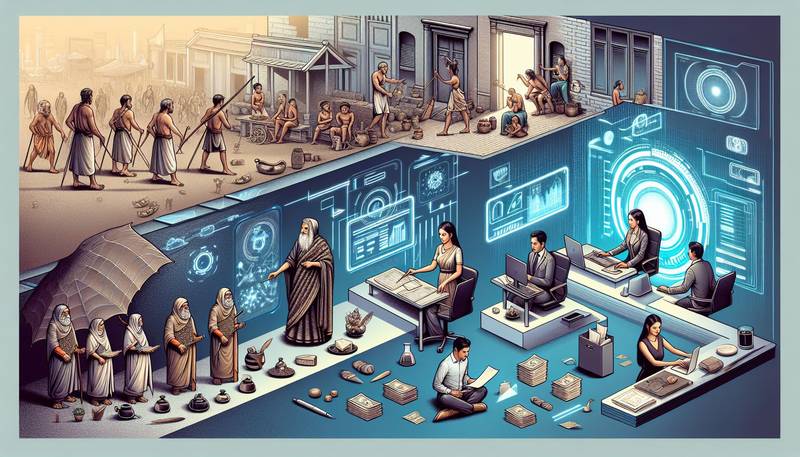
The Evolution of Insurance: From Ancient Times to the Digital Age
- 2024-02-16T00:00:00Z
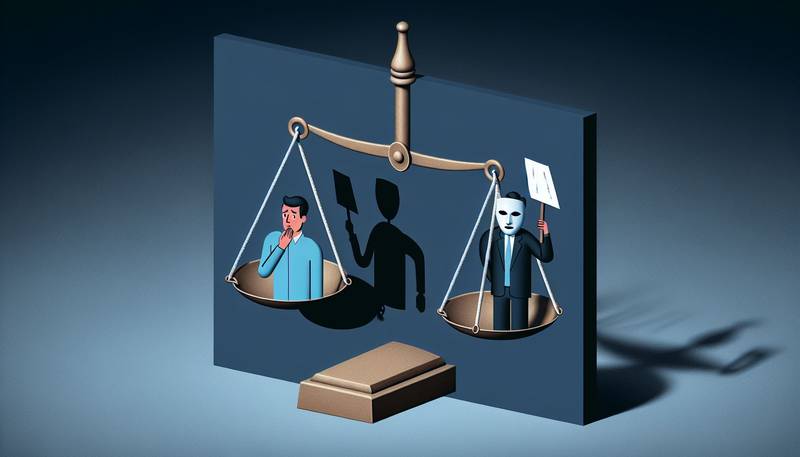
Insurance Fraud: The Impact on Policyholders and How to Protect Yourself
- 2024-02-13T00:00:00Z

Health Insurance Explained: What You Need to Know to Protect You and Your Family
- 2024-03-06T00:00:00Z

Auto Insurance: Tips for Choosing the Right Coverage and Saving Money
- 2024-01-30T00:00:00Z

Supplemental Insurance: Filling the Gaps in Coverage
- 2024-01-26T00:00:00Z
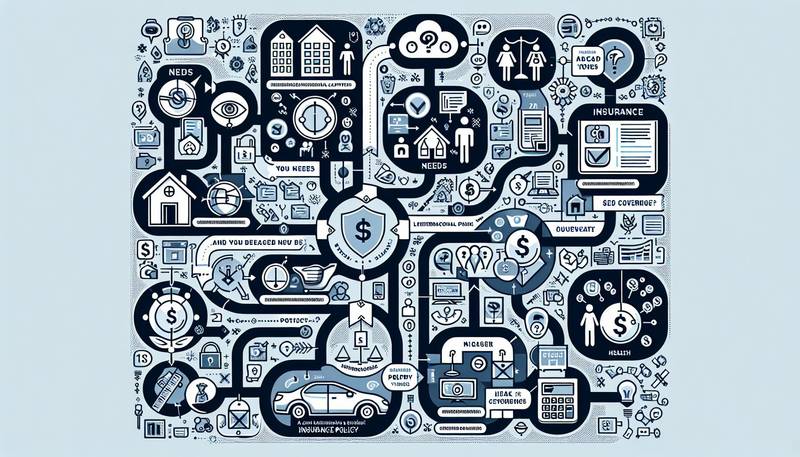
How to Choose the Right Insurance Policy for Your Needs
- 2024-01-30T00:00:00Z

The Role of Insurance in Mitigating Financial Risk
- 2023-12-06T00:00:00Z

Understanding the Basics of Insurance: A Beginner's Guide
- 2024-03-04T00:00:00Z
 InsurePath: Navigating Your Way to Peace of Mind
InsurePath: Navigating Your Way to Peace of Mind